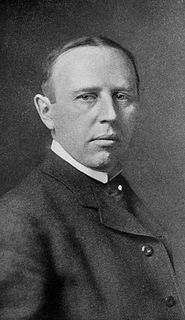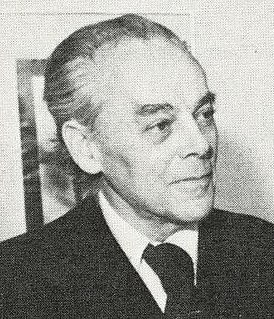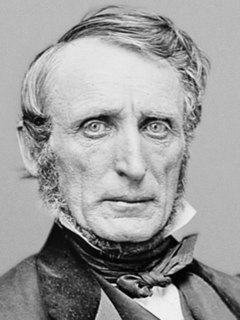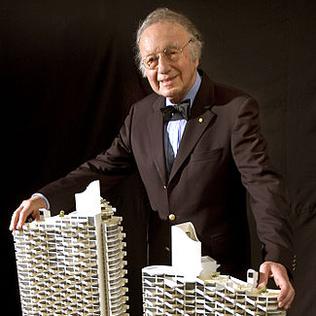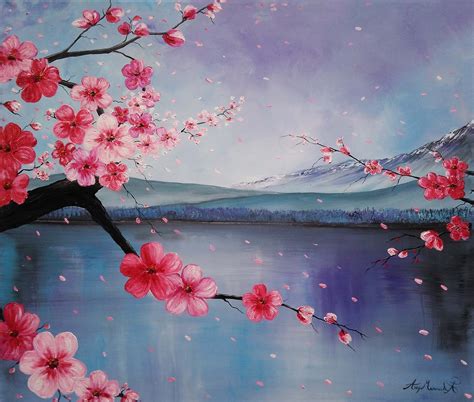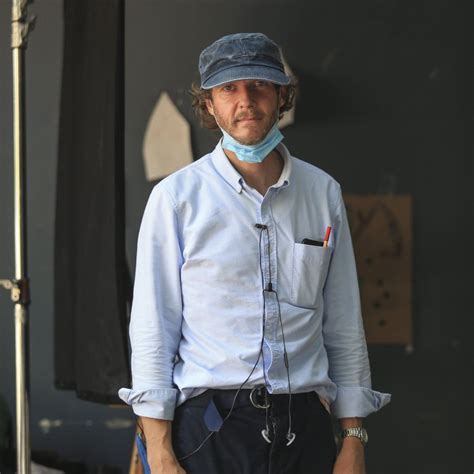A Quote by J. R. R. Tolkien
He was tall as a young tree, lithe, immensely strong, able swiftly to draw a great war-bow and shoot down a Nazgûl, endowed with the tremendous vitality of Elvish bodies, so hard and resistant to hurt that he went only in light shoes over rock or through snow, the most tireless of all the Fellowship.
Related Quotes
...Zedar was gone...As an owl, though, I was able to drift silently from tree to tree until I caught up with him...He wasn't really hard to follow, since he'd conjured up a dim, greenish light to see by --and to hold off the boogiemen. Did I ever tell you that Zedar's afraid of the dark? That adds another dimension to his present situation, doesn't it? He was bundled to the ears in furs, and he was muttering to himself as he floundered along through the snow. Zedar talks to himself a lot. He always has. ...I drifted to a nearby tree and watched him --owlishly. Sorry. I couldn't resist that.
I believe I'm a caterpillar buried deep down under the ground. The entire earth is above me, crushing me and I begin to bore through the soil, making a passage to the surface so that I can penetrate the crust and issue into the light. It's hard work boring through the entire earth, but I'm able to be patient because I have a strong premonition that as soon as I do issue into the light I shall become a butterfly.
In the case of those solids, whether of earth, or rock, which enclose on all sides and contain crystals, selenites, marcasites, plants and their parts, bones and the shells of animals, and other bodies of this kind which are possessed of a smooth surface, these same bodies had already become hard at the time when the matter of the earth and rock containing them was still fluid. And not only did the earth and rock not produce the bodies contained in them, but they did not even exist as such when those bodies were produced in them.
It's only when movement becomes the most natural state in our lives that we can finally begin to enjoy the motion. And it's only when standing still becomes impossible that we can finally embrace the kinds of changes that are inevitable in our lives.
We were not designed to stand still. If we were, we'd have at least three legs. We were designed to move. Our bodies are bodies that have walked across vast continents. Our bodies are bodies that have carried objects of art and war over great distances. We are no less mobile than our ancestors. We are athletes. We are warriors. We are human.
The marathon's about being in contention over the last 10K. That's when it's about what you have in your core. You have run all the strength, all the superficial fitness out of yourself, and it really comes down to what's left inside you. To be able to draw deep and pull something out of yourself is one of the most tremendous things about the marathon.
Are not gross bodies and light convertible into one another; and may not bodies receive much of their activity from the particles of light which enter into their composition? The changing of bodies into light, and light into bodies, is very conformable to the course of Nature, which seems delighted with transmutations.
Your dad would stake me out to freeze if I let you fall and hurt yourself." He offered me his arm, which I latched onto gratefully. "He wouldn't stake you out," I panted as we forced our way through the hard top layer of snow that was almost thigh deep. "He'd just shoot you." "Well that's a comfort.
Roads go ever ever on, Over rock and under tree, By caves where never sun has shone, By streams that never find the sea; Over snow by winter sown, And through the merry flowers of June, Over grass and over stone, And under mountains of the moon. Roads go ever ever on Under cloud and under star, Yet feet that wandering have gone Turn at last to home afar. Eyes that fire and sword have seen And horror in the halls of stone Look at last on meadows green And trees and hills they long have known
Sometimes I feel like a tree on a hill, at the place where all the wind blows and the hail hits the tree the hardest. All the people I love are down the side aways, sheltered under a great rock, and I am out of the fold, standing alone in the sun and the snow. I feel like I am not part of the rest somehow, although they welcome me and are kind. I see my family as they sit together and it is like they have a certain way between them that is beyond me. I wonder if other folks ever feel included yet alone.



